
Dementia sufferers retain the ability to learn new things, a study from Linköping University, Sweden, has suggested, where conventional wisdom had considered them as ‘empty shells’.
Elias Ingebrand, a PhD candidate, undertook the doctoral research and concluded that when given computer tablets – for the first time – dementia patients would become curious and work out how to use them on their own.
Across the six-week study, 10 dementia sufferers – eight of whom lived in care settings – each used the devices as they wished. While accompanied by carers or family members, they were left to independently use the tablets and not otherwise guided.
Ingebrand had not foreseen that the patients would exhibit high levels of curiosity and show a willingness to learn.
“I was rather surprised. I had expected that the tablet would just lie there and that the patients would talk about something else. What we saw was that they focused their attention on the tablets,“ he said.
Ingebrand has proposed that while a patient with a dementia brain loses the ability to discuss their actions, their bodies ‘remember’ how to use objects like the tablet in a ‘muscle memory’-type response which can strengthens with more use over time.
The study saw the patients use the devices to (re)discover things that they used to like doing before their diagnosis. One patient who used to orienteer used her tablet to look up orienteering competition results.
In another case a male patient who had previously shown behaviours which included aggression and impatience when using the tablet would be able to sit still and watch on-demand television shows for long periods. It has been suggested that his behaviours were therefore somehow expressions of boredom in that he was lacking the appropriate mental stimulation.
Another surprising outcome of the study was that patients began to collaborate when they were coming to terms understanding the devices. The study subjects spoke to each other – when they previously had not – to discuss their tablets and learn from each other. This development indicated they were then able to use the tablet devices in novel ways.
Previously no study had been conducted with dementia-patient collaboration as an outcome.
Ingebrand hopes the study will expand the understanding of what cognitive functions decline – and at what rate – in dementia patients so as to improve their treatment and care. In particular, he suggested that cross-patient collaboration could benefit those in a care setting without adding significantly to healthcare providers’ workload.
“The right to lifelong learning should include everyone − the important thing is getting a chance to learn,” he said.
Further reading:
https://liu.diva-portal.org/smash/record.jsf?pid=diva2%3A1754837&dswid=2942
https://liu.diva-portal.org/smash/record.jsf?pid=diva2%3A1668213&dswid=6588
https://www.news-medical.net/news/20230703/Dementia-Is-Not-The-End-Of-Learning.aspx









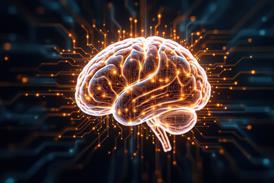
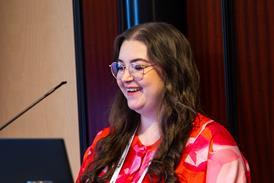











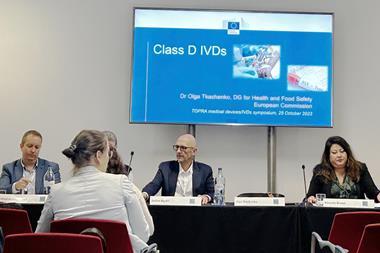
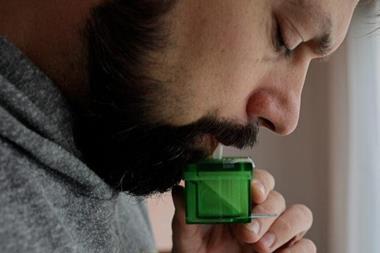

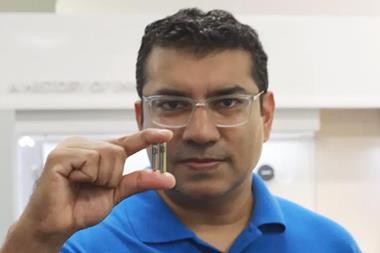
No comments yet